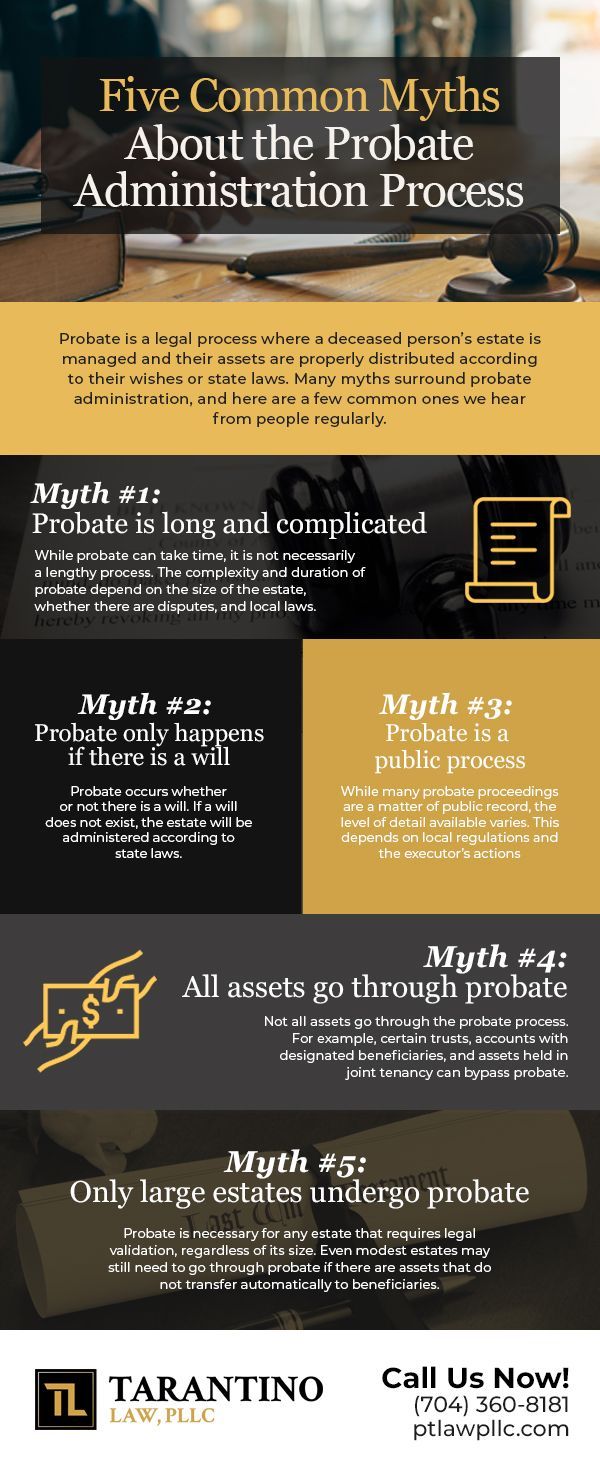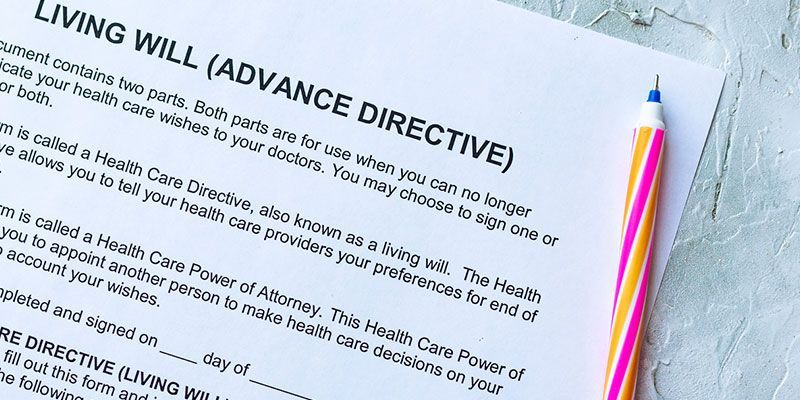Estate Planning: What You Should Know About Digital Assets
Today, many of your assets may be in digital format. For example, you may have social media accounts, digital photos, email accounts, and other forms of digital information that hold significant personal or monetary value. During the estate planning process , you need to carefully consider how to manage these assets and plan for their ongoing future.

- Start by making a list of all the digital assets you own before you start estate planning. It may surprise you about how many digital assets you actually possess. Examples of common digital assets include cryptocurrencies, non-fungible tokens, digital photos and videos, domain names for websites, blog content, monetized online video content, and online gaming avatars.
- If you store most of your digital assets on the cloud, back them up onto a local computer or storage device. This can make it easier for your loved ones to access them after your death.
- Work with your estate planning attorney to update your wills, powers of attorney, and other legal documents to reflect the wishes you have for your digital assets.
One of the biggest obstacles families face when trying to claim digital assets is that passwords to different accounts remain unknown. If you store digital assets on your smartphone, computer, online accounts, or on the cloud, make it easier for your family members to access these devices by making a list of passwords. Include access to this document in your estate planning documents and update it regularly to reflect any changes.
The post Estate Planning: What You Should Know About Digital Assets first appeared on Tarantino Law, PLLC.










